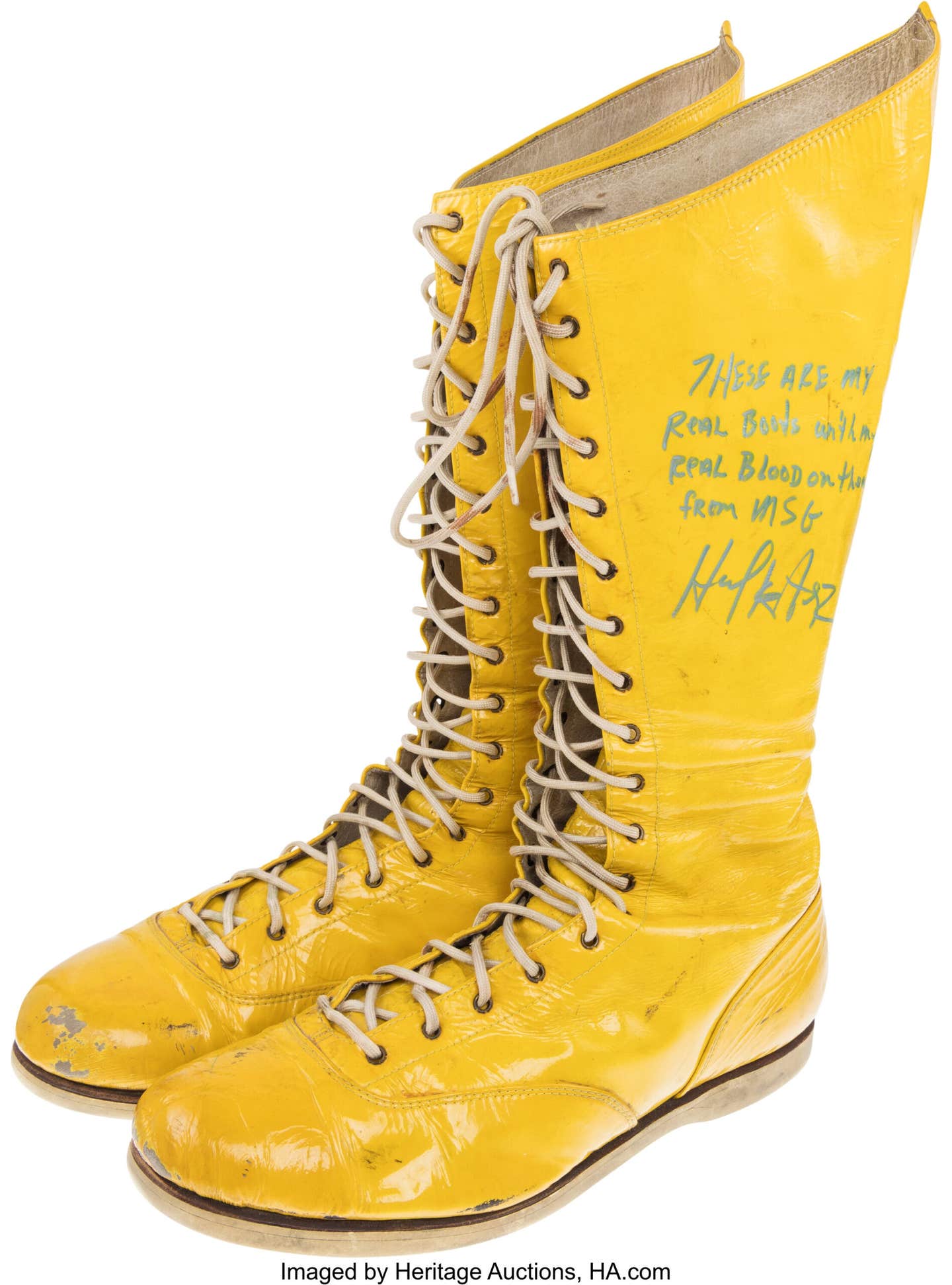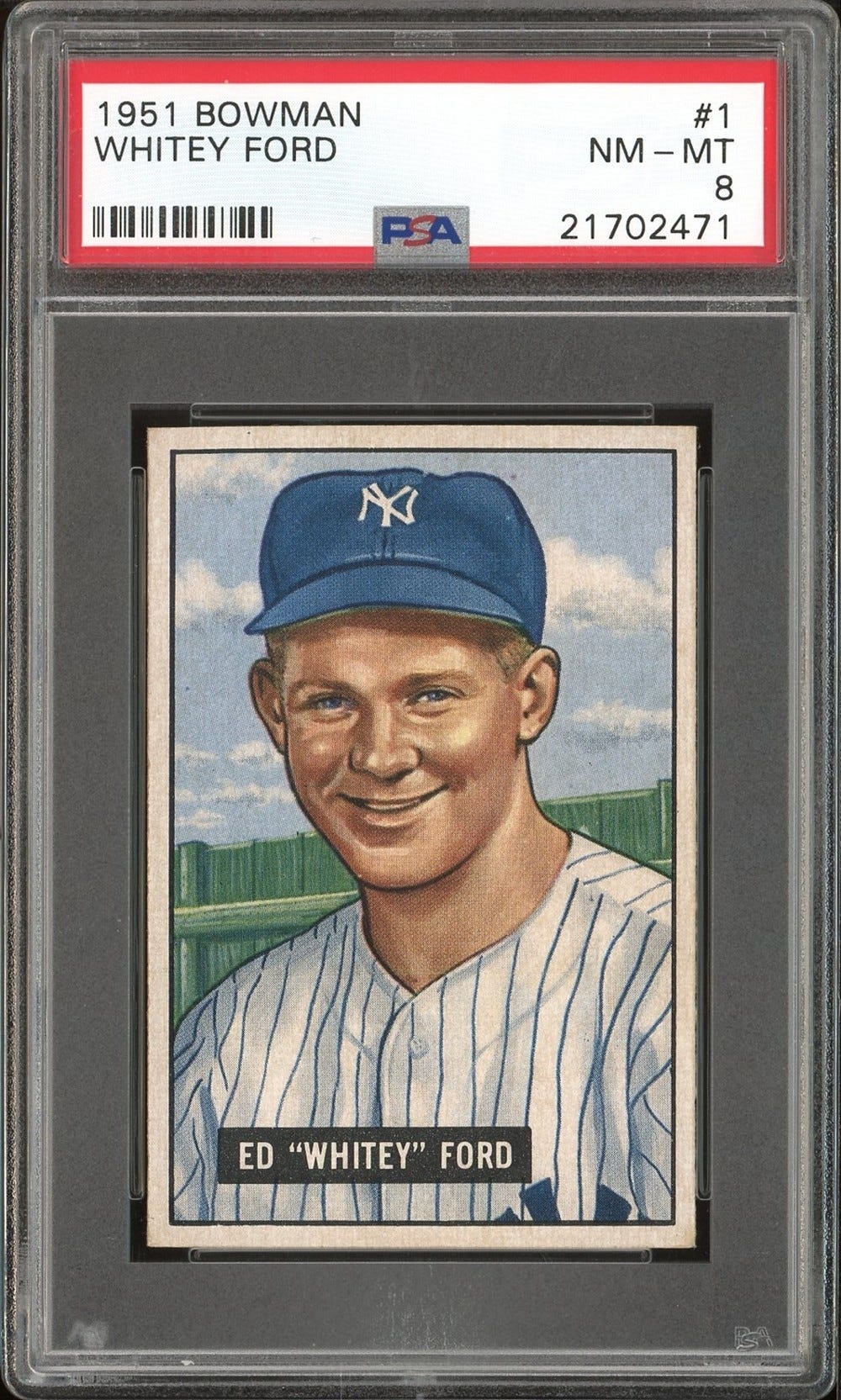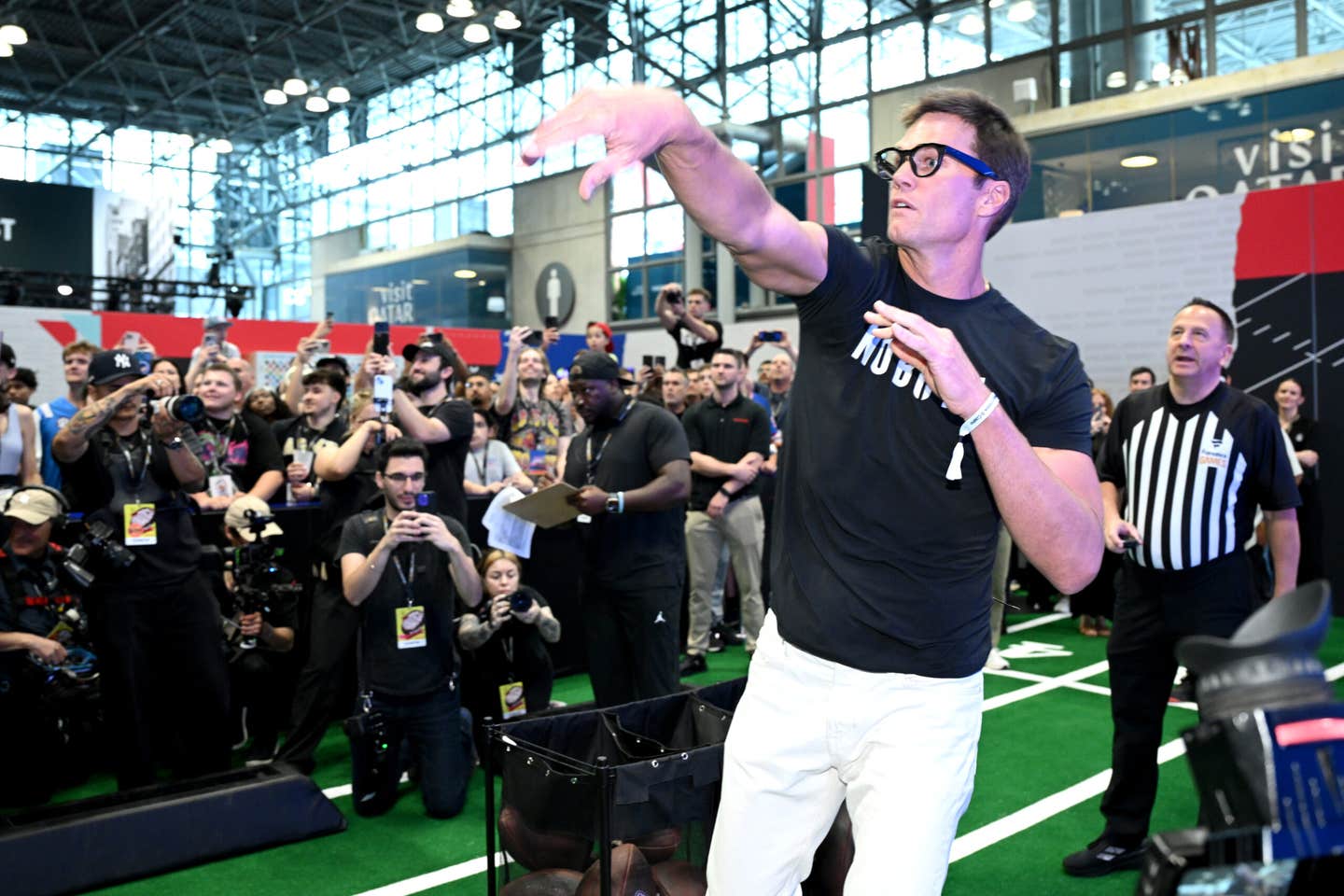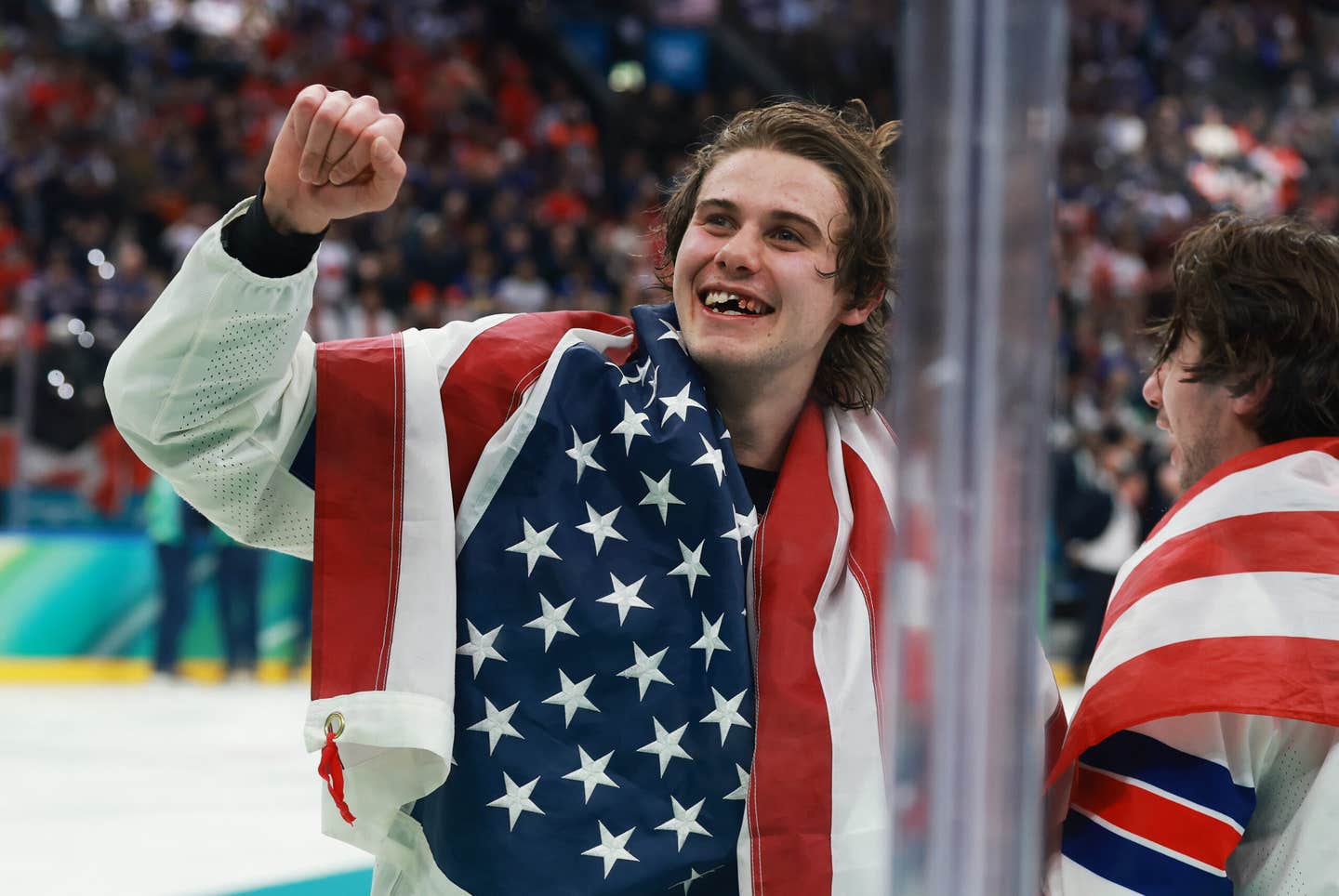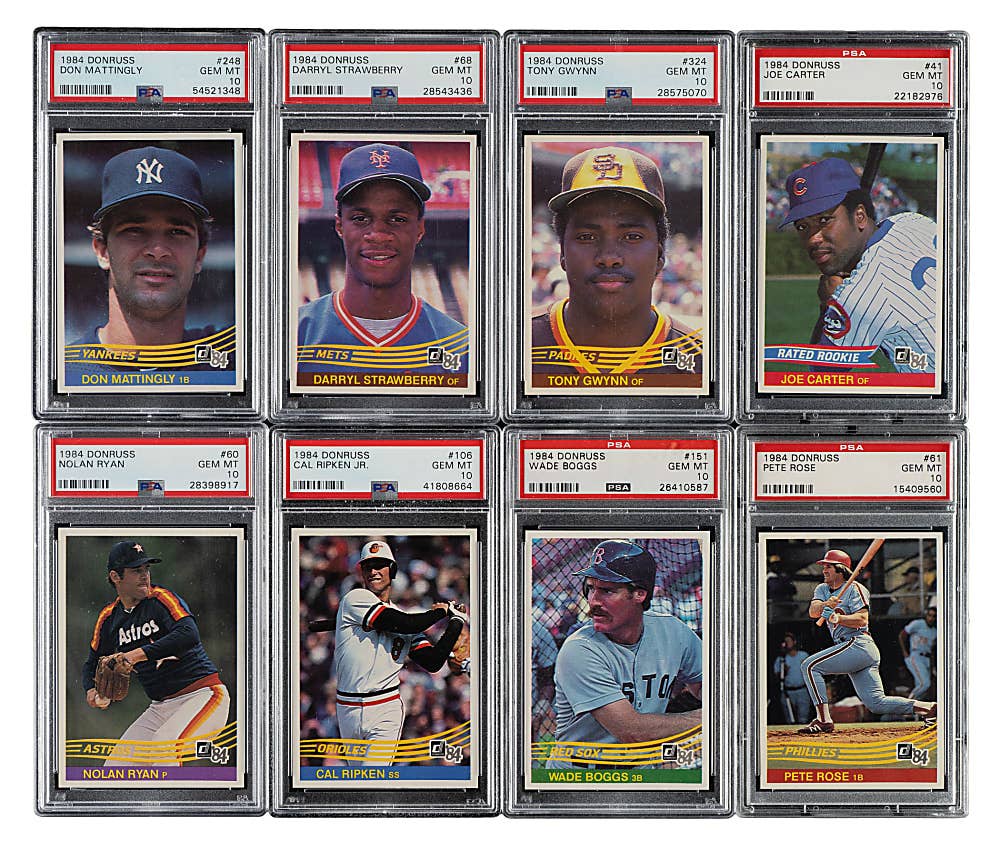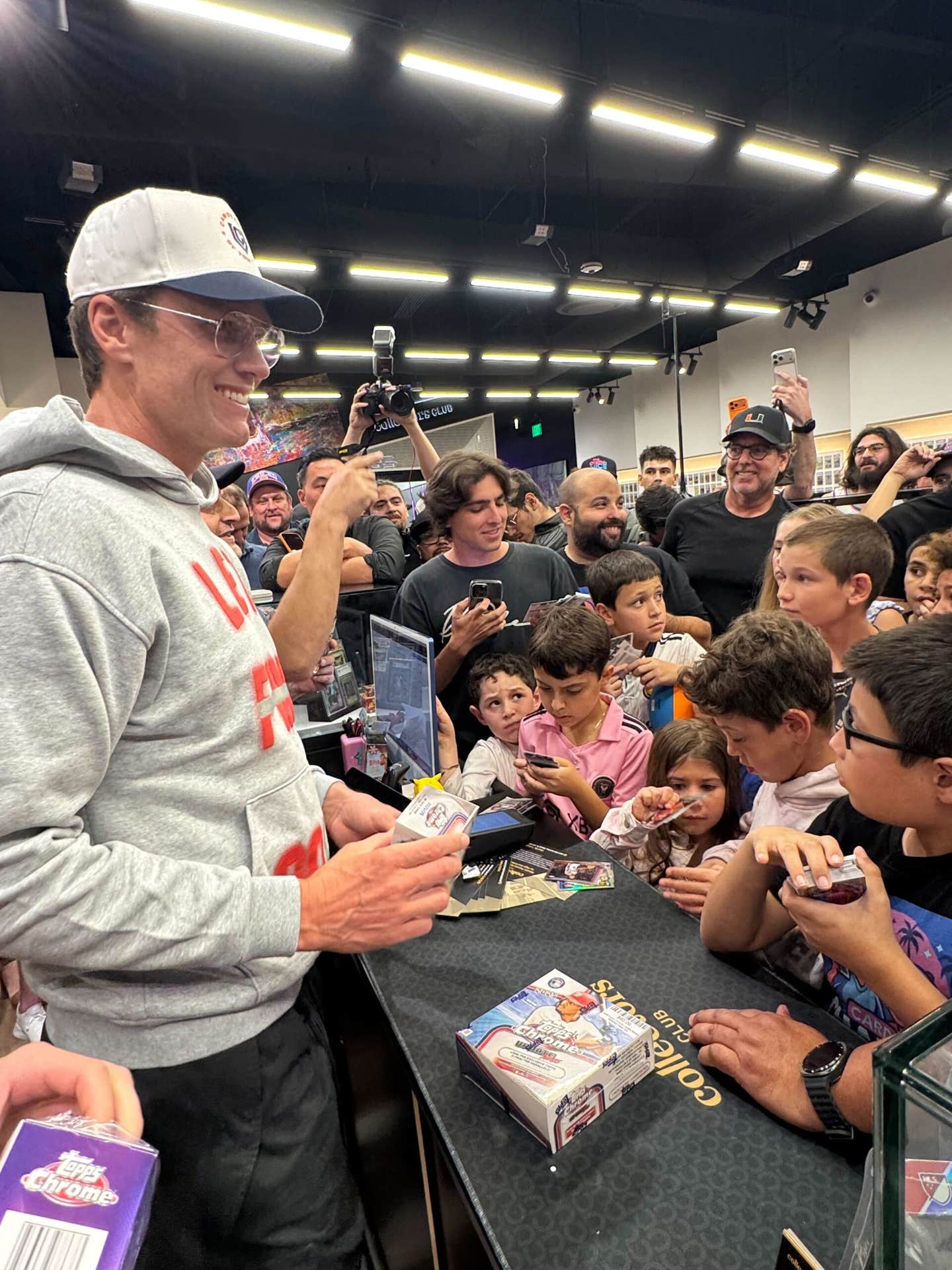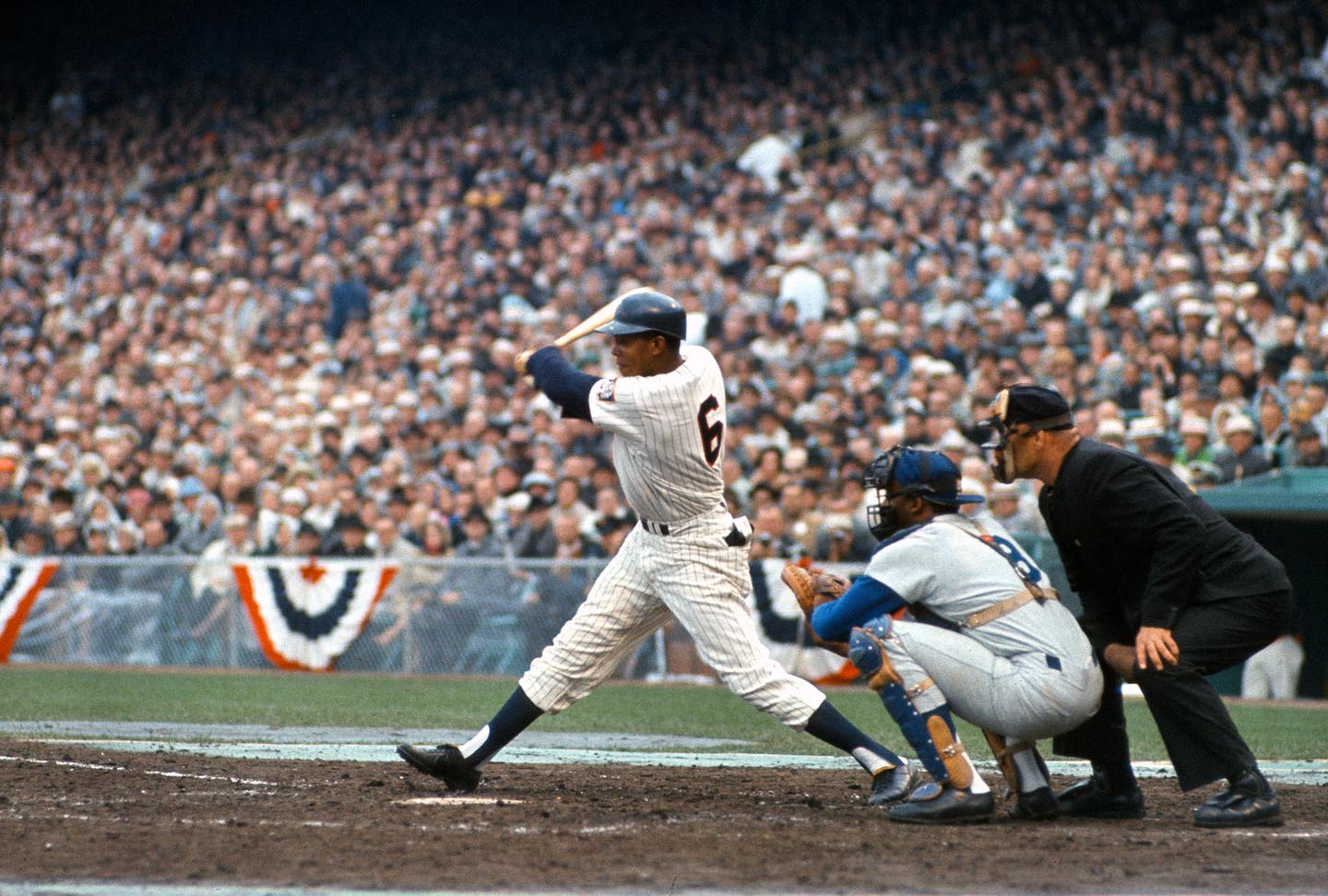
News
Twins legend Tony Oliva relieved to finally make it to Baseball Hall
Imagine breaking into the major leagues and winning a batting title in your rookie year.
What do you do for an encore? Win another batting title in your second season just to show that the first was no fluke.
That’s what former Minnesota Twins standout Tony Oliva did in 1964 and 1965, and he added yet another batting title to his glittering resume in 1971.
Oliva was considered one of baseball’s elite hitters during his 15-year major league career (1962–1976), all spent in a Twins uniform. But for decades after he retired there was one thing missing from the list of accomplishments of the player fans affectionately called “Tony O” — he wasn’t in the Baseball Hall of Fame.
He came ever so close in 2015, missing election by just one vote. He’d have to wait another five years before being considered again by a Hall of Fame veterans committee. But that vote, scheduled for December 2020, was postponed due to COVID, when the voting committee could not convene. Meanwhile, Oliva, now in his 80s, wasn’t getting any younger. Finally a vote was slated for December 2021.
“I thought I had a good chance of getting in this time — maybe my best chance — because I came so close in 2015,” the left-handed hitter said.
Still, it was no sure thing. Oliva, 83, admits to being worried that if he didn’t get elected this time around, he might never get in — or at least not while he was still alive to enjoy it.
“Yes, still being alive to celebrate this moment was definitely on my mind,” he recalls.
After all, Oliva had already waited 45 years to get into the Hall of Fame, enduring the frustration of having his brilliant career overlooked time and time again by voters. He was on the Baseball Writers’ Association of America’s ballot for 15 years (1982–1996), never getting more than 47.3 percent of the vote. Seventy-five percent of the total vote is needed to gain election.
Then he missed being elected by the Hall’s veterans committees seven times. Some say the sticking point was a series of severe injuries Oliva suffered late in his career, which limited his ability to play defense.
By 1973, a still-productive bat kept Oliva in the Twins’ lineup, but only as a designated hitter. DH status has often hurt a player’s chance at baseball immortality, casting him as a “one-dimensional” player.
Also See: Touring the Baseball Hall of Fame
But Oliva never gave up hope. The lifetime .304 hitter even found something positive about waiting so long.
“It was all the support I got all these years from the fans, the club, my family, all the positive thoughts and wishes and the true belief that people had that I could make it this time,” he said.
Then it finally happened. On Dec. 5, 2021, the Hall’s Golden Days Era Committee elected the popular Twins legend to the Cooperstown shrine. The cheers and a few sighs of relief could be heard all the way from Bloomington, Minn. — where the perennial All-Star has lived for years — to his birthplace of Piñar del Río Province in Cuba.
“When I got the news, it was a great feeling. I waited so long for this and when I heard I got in I couldn’t believe it, even though I was hoping this would happen for so long. It was like a 1,500-pound weight was off my shoulders,” Oliva recalls. “It’s just a great feeling, very special. I’m very proud, very happy, very content.”
Shortly before Oliva got the long-awaited call, the revered hitter exhibited an emotion opposing pitchers never saw in him — nervousness. A group of well-wishers had gathered in Oliva’s home and, he said, “I didn’t want to disappoint them again.”
But, in truth, Oliva could never have disappointed them, because he had already brought them so many thrills.
BORN TO HIT
Consider this: In 1964, Oliva put together what many baseball experts consider the best rookie season ever. Not only did he win the American League batting title with a .323 average, he also outpaced all hitters in hits, doubles, runs scored and total bases. He easily won Rookie of the Year honors and laughed at the thought of a sophomore jinx.
By winning the batting title again in 1965 with a .321 average, the Twins’ right fielder became the first and only player to win back-to-back batting titles in his first two full years in the big leagues.
And Oliva’s outstanding sophomore campaign helped the Twins capture the pennant that season. Though Minnesota didn’t win the 1965 World Series, they battled the Los Angeles Dodgers for seven hard-fought games and Oliva even homered off Dodgers legend Don Drysdale in Game 4.
In 1966, Oliva batted .307 and barely missed his third straight batting title, finishing second to Baltimore Orioles’ great Frank Robinson, who had a .316 average.
During a doubleheader on June 29, 1969, Oliva slapped eight consecutive hits against the Oakland A’s. And the hits just kept on coming. The eight-time All-Star had a career total of 1,917.
Tony O led the American League in hits five times, including 217 in his rookie year, 185 in 1965 and 191 in 1966, making him the American League leader for a third straight year. He would top the AL again in 1969 with 197 and in 1970 with 204.
Not bad for a kid who grew up in poor surroundings in Cuba, learning to hit baseballs with bats made out of branches from aging majagua trees.
Oliva’s father, Pedro, taught the future Hall of Famer all the finer points of baseball, the national sport of Cuba. A farmer by trade, Pedro turned part of his farm into a baseball diamond and teams from neighboring towns would play extremely competitive games on Sundays.
“We would play two or three games in an afternoon,” says Oliva, who remembers being comfortable on a baseball field at the young age of 7.
Like his father, the young Oliva, had a sweet swing. Early on, Pedro knew just by watching his son at the plate that he had inherited the hitting gene. The future Twins legend was able to replicate his father’s ability to hit the ball off the fat part of the bat.
By the age of 15, Tony Oliva could hit anything the pitchers in Cuba could throw. And, Oliva recalls, “Those guys could throw.” So he could envision himself playing professional baseball in Havana for his favorite team — the Cienfuegos Elephants. But playing in the United States, especially for a team in a cold-weather city, was something that never crossed his mind. Not even in this wildest dreams.
“I just kept practicing so I could play in Havana,” he says. By age 17, Oliva was playing for Los Palacios, a competitive team located in a town about five miles from his home.
In the late 1950s, he met Roberto Fernandez Tapanes, a right-handed power hitter with some minor league experience in the United States. Tapanes batted third in the Los Palacios batting order, with Oliva hitting fourth. It didn’t take the experienced Tapanes long to realize that Oliva was no ordinary player. He contacted Joe Cambria, one of the game’s most respected scouts in Cuba. Cambria, who scouted for the Twins, agreed with Tapanes’ assessment.
The Twins made the native Cuban an offer of $250 a month if he signed in 1961. That monthly salary was more than some families made working for an entire year in Cuba. Oliva quickly worked his way through the Twins’ minor league system.
He played the 1961 season with the Wytheville (Va.) Twins, Minnesota’s Class-D minor league affiliate in the Appalachian League, and hit .410 with 10 home runs and 81 RBI in 64 games. He was promoted to the South Atlantic League’s Single-A Charlotte (N.C.) Hornets for the 1962 season and, once again, Oliva was impressive, batting .350 with 17 home runs, 35 doubles and 93 RBI.
He earned a September call-up to Minnesota in 1962, where he gave fans a glimpse of the future by hitting .444 in 12 at-bats. The lefty hitter thought he might start the 1963 season in the majors but he ended up back in the minors with the Dallas–Fort Worth Rangers in the Triple-A Pacific Coast League. After a .304 season with 23 home runs and 74 RBI, the right fielder once again received a September call-up to the Twins.
He only got a few at-bats with the Twins at the end of the 1963 season, but once again proved he could hit major league pitching. That late-season call-up set the stage for Oliva to make the big club in 1964 and his sensational rookie season.
But there was one problem. While he never doubted his skills at the plate, Oliva knew defense was a weakness in his game.
In Cuba, where baseballs were often hard to come by, Oliva learned to hit by having his friends and brothers throw him everything from bottle caps to corncobs. But he didn’t get a chance to hone his fielding with limited equipment available in the countryside in Piñar del Río Province.
His defense, even in the minors, reflected that shortcoming. So the future Hall of Famer decided to put in the necessary work to start flashing leather in right field. Oliva was determined to turn his defensive game around and worked tirelessly with his coaches in the minors and big leagues.
“I was very confident in my skills as a batter, but I wanted to be an all-around player,” Oliva said.
He paid close attention to how outfielders like Al Kaline, Willie Mays and Roberto Clemente played defense. Though it seemingly took a long time, Oliva was a quick study. By 1966, the Twins’ hitting star had developed his defense to such an extent that he won a Gold Glove that season.
While Oliva is certainly proud of all the awards and accolades he’s received, he considers the 1966 Gold Glove one of his greatest achievements as it signifies his ability to master a skill that didn’t come easy for him.
After reaching the 1965 Fall Classic, the Twins did not return to the World Series again during Oliva’s playing days. But the talented club was a force to be reckoned with during the late-1960s. They won the American League Western Division in 1969 and again in 1970, but lost the American League Championship Series both seasons to the powerful Baltimore Orioles.
Oliva continued to compile solid seasons. After batting .289 in both 1967 and 1968, he came roaring back to hit .309 in 1969 and .325 in 1970, leading the league in doubles both seasons. He won his third batting title in 1971 with a .337 average.
But there was trouble on the horizon: Tony O’s knees were giving him problems. By the late-1960s, Oliva already had had two surgeries on his right knee. More surgeries would follow, but a play Oliva made in a game on June 29, 1971 would deliver a crushing blow to his career — and the Twins’ season.
Minnesota was slumping and needed a big win against the division-leading Oakland A’s. With the Twins leading 5–3 in the bottom of the ninth, A’s left fielder Joe Rudi slapped a liner to right field. Oliva dove to try to catch the ball, but missed it. He landed hard on his right knee. He played in pain the rest of the season and the injury would cause him problems for the rest of his career.
Knee problems only allowed Oliva to play 10 games in 1972 before he had to have another knee surgery in July. The American League started using the designated hitter in 1973, allowing Oliva to continue his career for several more seasons. He retired after the 1976 season.
MR. TWIN
A popular player throughout his career, Oliva continued to help the Twins after his retirement, serving in various coaching positions. He was the team’s first base coach in 1977–1978 and again in 1985. He was also the team’s hitting coach in 1977–1978 and 1986–1991. One of his prime students was Twins star Kirby Puckett, who’s also in the Baseball Hall of Fame.
Oliva was also the bench coach in 1991. When you include his service as a coach, he was part of all three of Minnesota’s pennant-winning teams (1965, 1987, 1991) and has two World Series rings from 1987 and 1991.
Twins fans loved Tony O and he loved them back. His work in the community is as legendary as his play on the field. Helping others is part of his way of thanking the Minnesota community that adopted him. To honor their beloved star, the Twins retired Oliva’s number 6 on July 14, 1991. In addition, a life-size statue of Tony O as he takes one of his trademark swings graces the entrance by Gate 6 at Twins Stadium.
And now the Baseball Hall of Fame can be added to his storied biography.
Oliva is quick to acknowledge the support he received from Twins players when he first arrived in the organization, including another star hitter in Zoilo Versalles. He received tips from other Cuban big leaguers as well, like Julio Becquer and Camilo Pascual, major leaguers Oliva affectionately called his “babysitters.”
And, of course, there’s his friendships through the years with other Twins legends like Jim Kaat and Rod Carew.
Oliva and Carew have been close friends for more than 50 years. Carew joined the Twins in 1967 and Oliva immediately took him under his wing.
They played together for 10 seasons, were roommates when the team was on the road and had lockers next to each other. Carew, who was inducted into the Baseball Hall of Fame in 1991, has long been an advocate for Oliva to join him in Cooperstown.
What do a couple of retired players like Oliva and Carew talk about now when they get together to relax and enjoy their golden years? You guessed it.
“Hitting. We always talk about hitting,” Oliva says.



